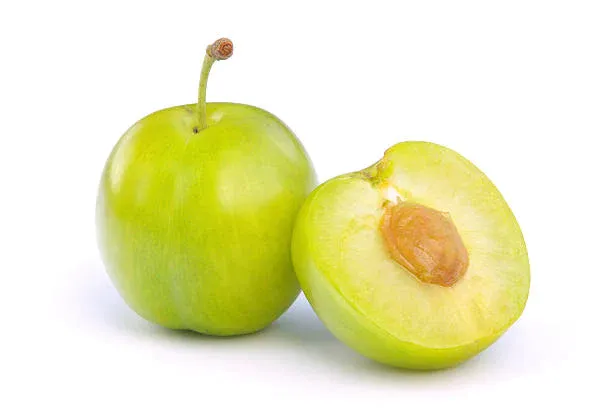Kakadu Plum - Vitamin C

Vitamin C, which goes by the technical name of absorbic acid, is a powerful antioxidant. In your body, it plays several roles in keeping you healthy. Kakadu plum is a fruit with the highest concentration of vitamin C per gram of food. Let us examine the benefits of vitamin C and whether the kakadu plum should make it onto your dinner table.
Indigenous Australian tribes have known for thousands of years about the medicinal properties of this plum. It was made widely known to the rest of the world by a European botanist, Ferdinand Mueller, in the 19th century. What sets the kakadu plum apart is the fact that it has over 3150 mg of vitamin C per 100 grams of fruit. To put this into perspective, an orange has only 50 mg. If you are wondering why there is so much fuss over vitamin C, dig in.
Sailors discovered to their dismay that they would get scurvy if they did not ingest Vitamin C for 60 days. Those days are long gone, and most of us get some vitamin C sooner or later.
Vitamin C helps fight the common cold and flu. It has immune-boosting properties that help produce white blood cells, which is why it is so effective.
Millions of people the world over take collagen supplements to improve their skin, hair, and nails. What they may not know is that vitamin C is essential to absorbing collagen. So you would be best served to also ingest this powerful vitamin along with your collagen.
Vitamin C has increasingly been shown to help reduce cognitive decline and neurodegenerative diseases. Which means that as you age, you want to make sure that you are getting sufficient vitamin C.
Here is the good news. While the daily required intake is 80 mg, there is no real upper limit. It is hard to overdose on too much. So if you had say a 100 gms of kakadu plum, several times your daily requirement, it would not do any harm.
The best way to have it is raw and fresh. Since that might require you to move to Australia, the next best option is to have the powered form or a capsule.





